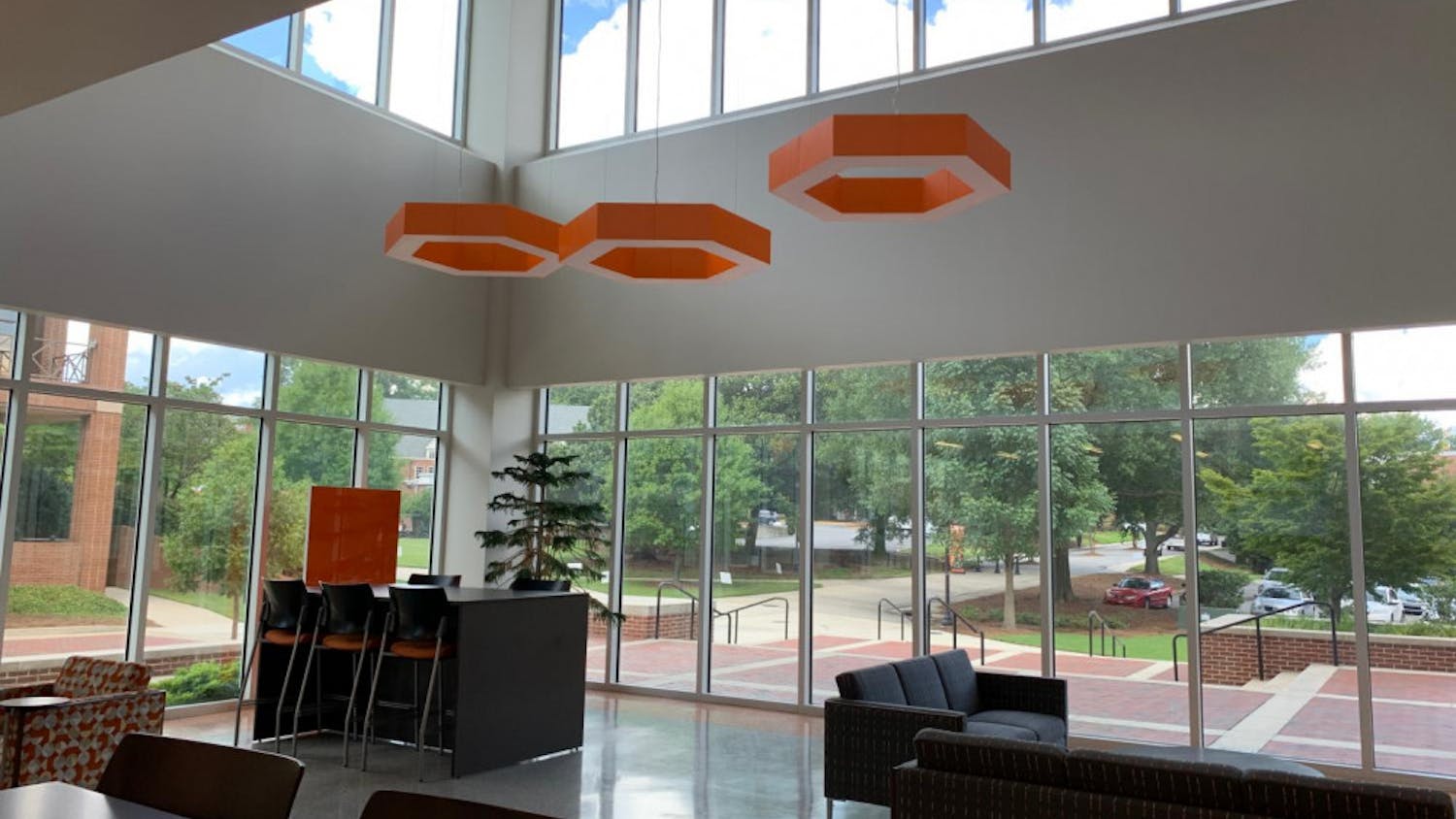On Saturday, March 8, the seven Republican candidates for U.S. Senate in Georgia met at the Anderson Conference Center on Eisenhower Parkway for a general policy debate. All seven candidates are vying for the Republican nomination for the Senate seat occupied by retiring Senator Saxby Chambliss (R). The winner of the Republican nomination will likely face Michelle Nunn (D) in the general election this fall.
The seven candidates in the GOP primary are Paul Broun, congressman from Gerogia’s 10th Congressional District; Art Gardner, a patent attorney and political outsider; Phil Gingrey, congressman from the 11th Congressional District; Derrick Grayson, a conservative political outsider; Karen Handel, former Georgia secretary of state and 2010 candidate for governor; Jack Kingston, congressman from the 1st Congressional District; and David Perdue, former CEO of Dollar General and first cousin of former Georgia governor, Sonny Perdue (R).
The debate covered a wide range of topics, such as reflecting diversity and expanding the Republican Party’s appeal to minority voters, prioritizing defense and military spending, generating economic growth and creating jobs, reducing youth violence, discussing the economic impact that not deepening the Savannah harbor would have on the state, and concluding with a discussion about faith and religious freedom.
Listening to the candidates answer the questions, one could easily sense a theme of “the establishment vs. the outsiders.” Rhetorical jabs were repeatedly made at Broun, Gingrey and Kingston for their congressional voting records, which the three congressmen strongly defended as being consistent with Constitutional, conservative values. Perdue argued that we have a “full-blown financial crisis,” perpetuated by “our career politicians.” Gardner noted that his “grandfather wasn’t the president, [his] cousin wasn’t the governor and [his] father wasn’t a senator.” Grayson even remarked that he is “not sure if [he] is running against Republicans, Democrat-lites or plain old Democrats.” The division between the establishment and the outsiders was palpable.
The predebate straw poll results were announced after the debate. Handel finished first (343 votes), followed by Perdue (270), Gingrey (128), Kingston (85), Broun (37), Gardner (8) and Grayson (3).
After the debate, I briefly spoke with the candidates and asked them to summarize the central message of their campaigns.Broun told me that his campaign’s purpose is to “put this country back on a Constitutional course,” and to promote “limited government, low taxes, vibrant free-enterprise system, personal accountability and responsibility and a strong national defense.” Gardner stressed the importance of expanding the party’s appeal by building “a coalition within the conservative universe that includes all stripes of conservatives, not just … social conservatives.”
Gingrey expressed the importance of choosing the “most conservative of the seven of us that’s electable in November,” citing this as “the key” to his campaign’s message.
Grayson told me that “If voters are satisfied with their liberties and freedoms being violated… [he’ll] just go back home,” and that his message is about electing statesmen who “stand for the Constitution 100 percent of the time, and 100 percent of the Constitution.”
Handel said that her message is, simply, “results matter,” and that electing fresh faces is the only way to get different results.
Kingston summarized his message as one focusing on “jobs …education … having a job-ready workforce … balancing the budget and a strong national defense.”
Perdue focused directly on two major issues: the economy and term limits. He told me that his crusade is to “get the economy going and interject it into the gridlock between tax increase arguments and spending cut arguments,” and to “fight like crazy for term limits.”
Currently, the GOP primary race is extremely competitive, and the polls are constantly changing. If no candidate secures a majority of the vote on May 20, the top two vote-getters will advance to a runoff on July 22, the winner of which will advance to the fall general election.
7 candidates debate in GOP primary
Comments




